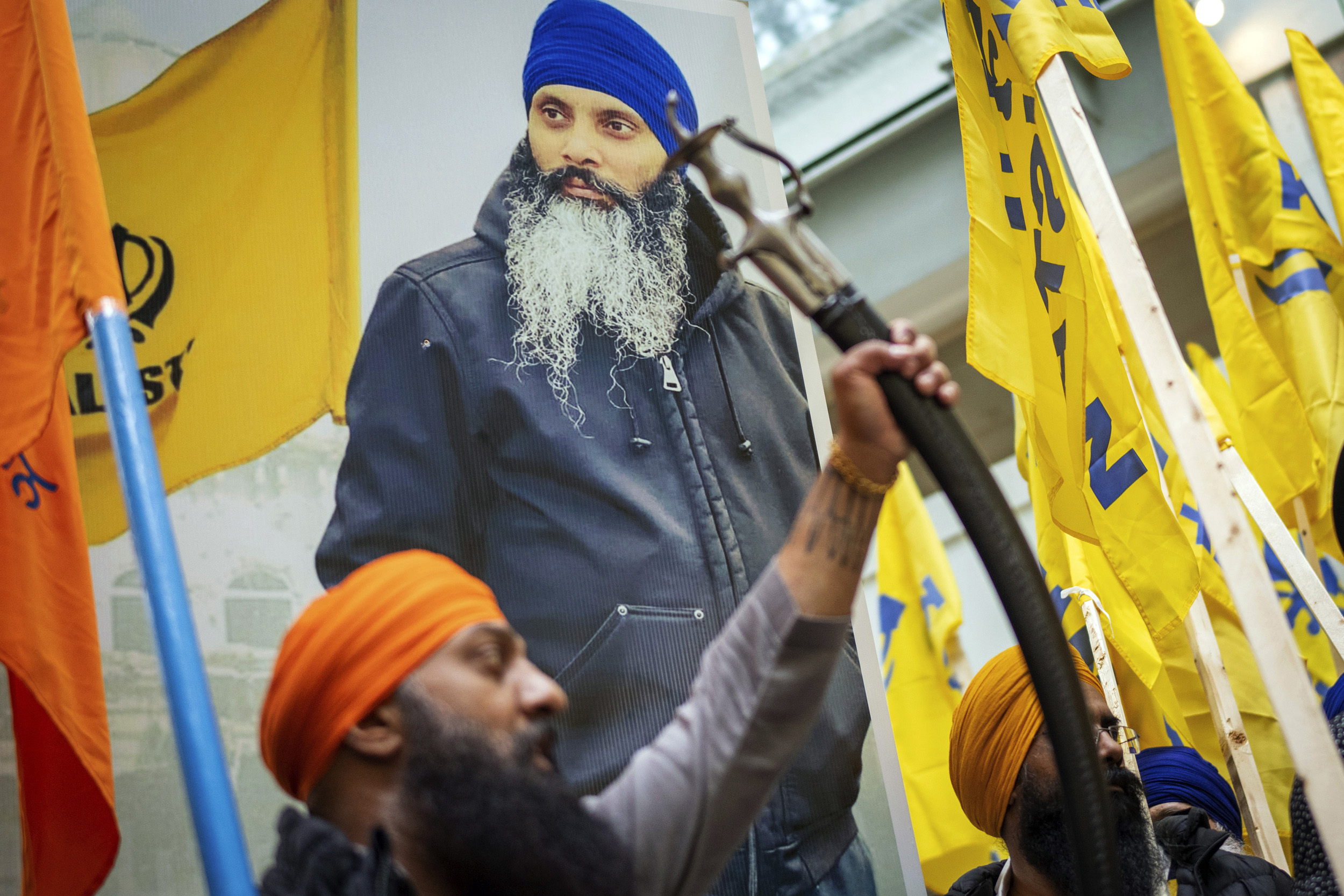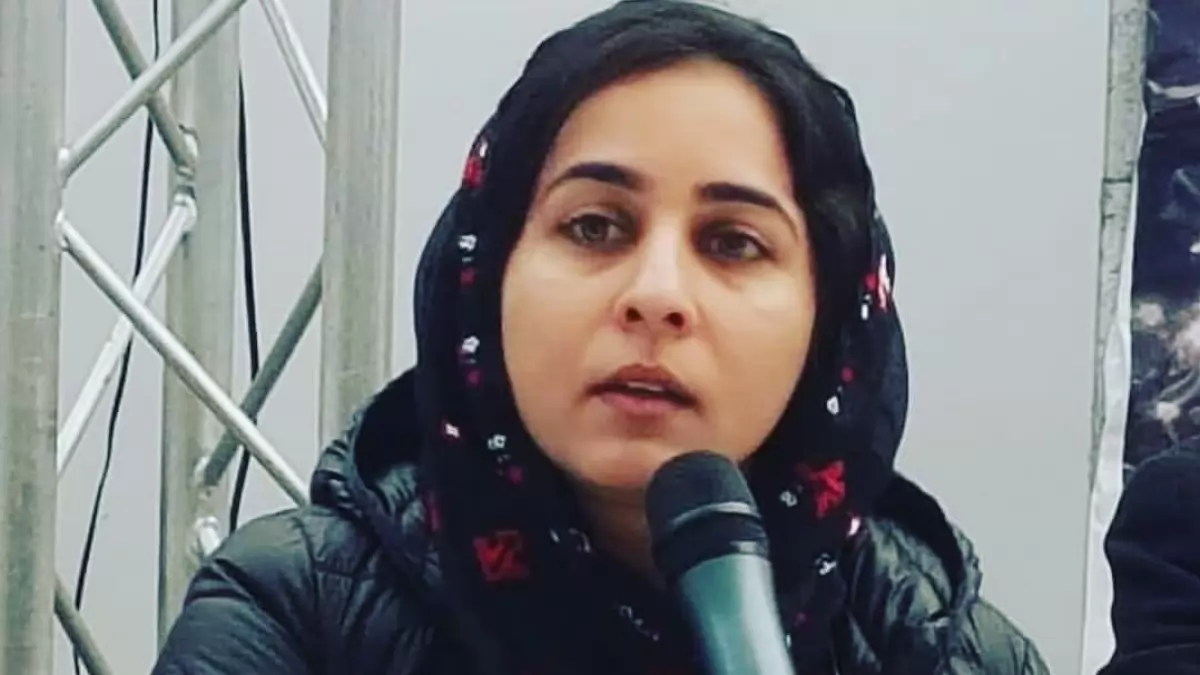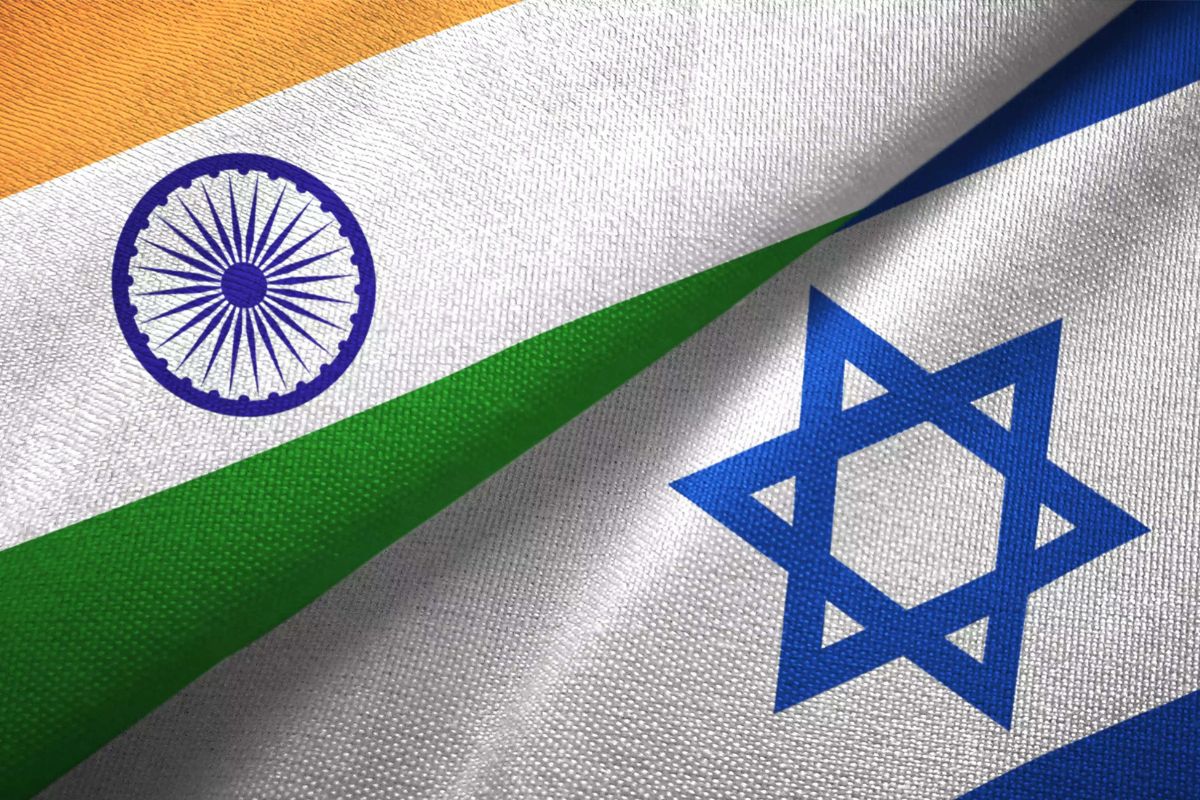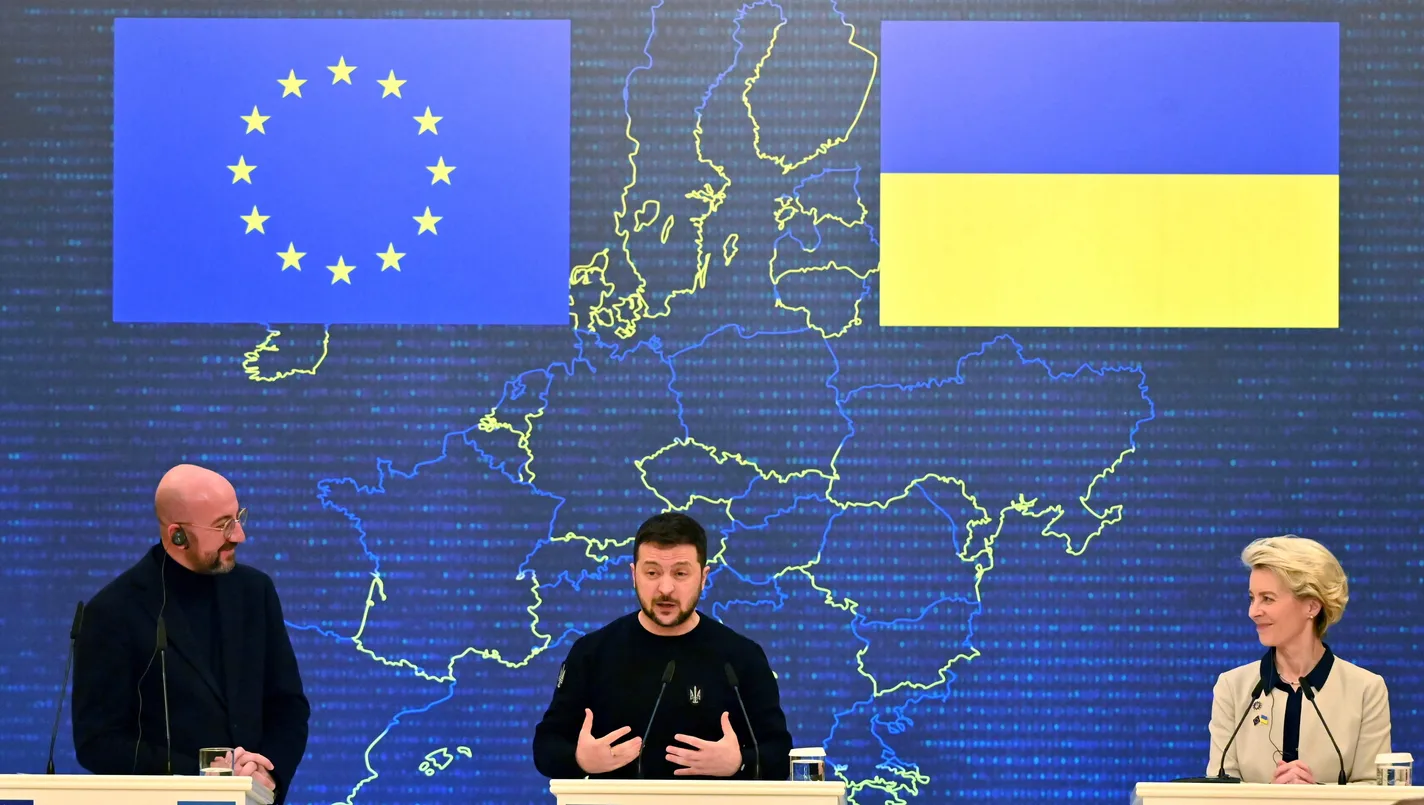Targeted killings have long been a divisive and morally challenging topic in international affairs. Western governments and their allies have frequently used the tactic of killing people in other countries who are seen as threats to their national security or interests. India must, however, proceed cautiously and avoid adopting this strategy from the West. This article explains why India should resist the urge to imitate the West when it comes to carrying out targeted killings abroad.
The allegations made against India by Canadian Prime Minister Justin Trudeau regarding the assassination of Khalistani activist Hardeep Singh Nijjar in Canada in June 2023 have caused an unprecedented diplomatic backlash that has triggered a political cyclone in both nations. The topic has gained momentum in domestic politics in both India and Canada while being shrouded in a fog of hazy intelligence and unproven insinuations. But it hasn’t stopped there; it has now spread into a far wider area that straddles India’s complex relationship with the West, far beyond the boundaries of the contentious New Delhi-Ottawa bilateral.
The diplomatic disaster has sparked a lot of discussion on diasporic radicalism, violent separatism, and unwritten diplomatic codes. It has also highlighted a deeper, more fundamental ideological rift over the nature of India’s place in the global political and security order. This is according to a certain mainstream school of thought that holds that “anti-India terrorists” hiding out abroad are fair game for the Indian security services. The premise of the argument is very simple: If the West can eliminate terrorists abroad, so can India.
Oddly, by assuming that Nijjar was killed by Indian intelligence officers, this line of reasoning only supports Trudeau’s claims. It is rooted in a certain kind of nationalistic bravado that favors a proactive and offensive approach to international security over a defensive and reactive one. Simply put, it’s the CIA and Mossad way of operating, which is to eliminate your opponents first, wherever they may be, before they eliminate you. Political commentator: “If Israel can get away with killing its enemies in other nations, why not us?”
This rhetorical escalation, or rather recalibration of what an Indian approach to global security should entail, is nothing new. It perfectly fits the description of a brand-new, hyper-militaristic, interventionist nationalism that has recently crept into Indian foreign and security thought. The story originally surfaced following the alleged cross-border “hot pursuit operation” carried out by Indian special forces in Myanmar in response to the deadly ambush of an Indian Army convoy by terrorists operating out of Myanmar in Manipur’s Chandel district in June 2015. It reappeared the following year when India carried out surgical strikes in Pakistan across the Line of Control in response to a fatal Jaish-e-Mohammed attack on an army base in Uri, Kashmir.
After a catastrophic insurgent attack on a security convoy in Kashmir in 2019, the Narendra Modi government virtually institutionalized this kinetic approach when it ordered airstrikes deep inside Pakistani territory. The mainstream media swiftly adopted a terminology that underlined the militarization of India’s foreign and security policies as New Delhi honed what seemed to be a developing interventionist counterinsurgency (COIN) strategy. The use of phrases like “surgical strike” and “hot pursuit operation” by news anchors increased without any context or constraint. Sometimes they even dubbed “surgical strikes” regular border confrontations. Worrisomely, the majority of them continued to promote it despite knowing that it was fundamentally based on an infringement on the sovereignty of other nations and would lead to diplomatic disputes.
However, this is a risky and precarious course of action for India. India shouldn’t carry out targeted killings on foreign soil just because the West and its allies, including Israel, do so frequently. It is one thing to draw attention to the colossal hypocrisy in Western criticism of such activities by non-Western states, but it is quite another to replicate the West’s deeply unethical and dubious heritage of targeted murders overseas. India can do without this rhetorical and strategic escalation. There is little reason to modify the fact that killing people in other countries outside the reach of the law is just not a tradition of Indian foreign policy.
Lethal interventions have long been regarded as a justification by the West and Israel for their sense of exceptionalism in the international system. It is no secret that they frequently violate the so-called “rules-based order” in order to act however they choose while claiming to be acting in the interests of international security and preemptive defense. It is also no secret that their hasty interventionism has wreaked havoc in several regions of the Global South. Many cultures and governments in the Global South increasingly view the West as a belligerent nation with little regard for the sovereignty and laws of other countries, despite its aggressive liberal democratic pitch and sometimes because of it. This deep-seated resentment is what ultimately gave China the opportunity to pitch itself as a potential partner for the non-Western world.
In reality, it is also this disappointment with Western interventionism that has made it possible for emerging non-Western countries like India to forge deep ties with the Global South. In many ways, India and China are similar to each other in their disdain for Western interventionism, and for good reason. However, India only runs the risk of veering off its current track as a developing power that favors cooperation over obtrusion by imitating Western capitals in their interventionist daredevilry. From that point on, New Delhi would struggle to persuade the world—especially the Global South—that it was, in fact, a force for good. This claim served as the foundation for India’s bid for the G20 presidency.
Using fighter jets, drones, and special forces, the West has attempted to police the world on its terms since the end of the Cold War. With the exception of the occasional removal of a few violent radicals (who would inevitably be replaced by others in no time), that endeavor has manifestly failed. Instead, innocent civilians have most frequently been the victims. But because of its considerable geopolitical leverage, superior military power, and robust alliance politics, the West was generally able to escape institutional accountability and the loss of prestige among its allies. However, India does not yet possess that kind of leverage. For its own sake, it cannot afford to act like the US or Israel, which show little regard for national rules or concern for repercussions.
Contrary to popular belief, contemporary geopolitics is not a zero-sum conflict between the “good” and the “evil.” Therefore, nationalistic grandstanding is a tactic that doesn’t work well. India would thus just join a race to the bottom by taking on the West in the area of targeted killings.
India should look into other options before turning to targeted killings to deal with threats to its interests or national security overseas. Without using deadly force, law enforcement actions, international cooperation, diplomacy, and intelligence sharing can all play significant roles in reducing security dangers. India can apply pressure to nations harboring individuals of concern through its diplomatic channels and alliances and legally request extradition from those countries.
India shouldn’t strive to imitate the West and its allies’ use of targeted killings in other nations. Despite valid national security concerns, India must uphold its moral and ethical standards, observe international law, and give peaceful conflict resolution priority. Such conduct could result in serious legal, diplomatic, and reputational repercussions. Instead, to address security challenges in line with its beliefs and ideals, India should concentrate on diplomatic solutions, intelligence cooperation, and international partnerships.


CORRECTS NAME TO HARDEEP SINGH NIJJAR INSTEAD OF SHAHEED BHAI HARDEEP SINGH NIJJAR - Protesters chant outside of the Consulate General of India office during a protest for the recent shooting of Hardeep Singh Nijjar in Vancouver, British Columbia, Saturday, June 24, 2023. (Ethan Cairns/The Canadian Press via AP)
Add a comment







